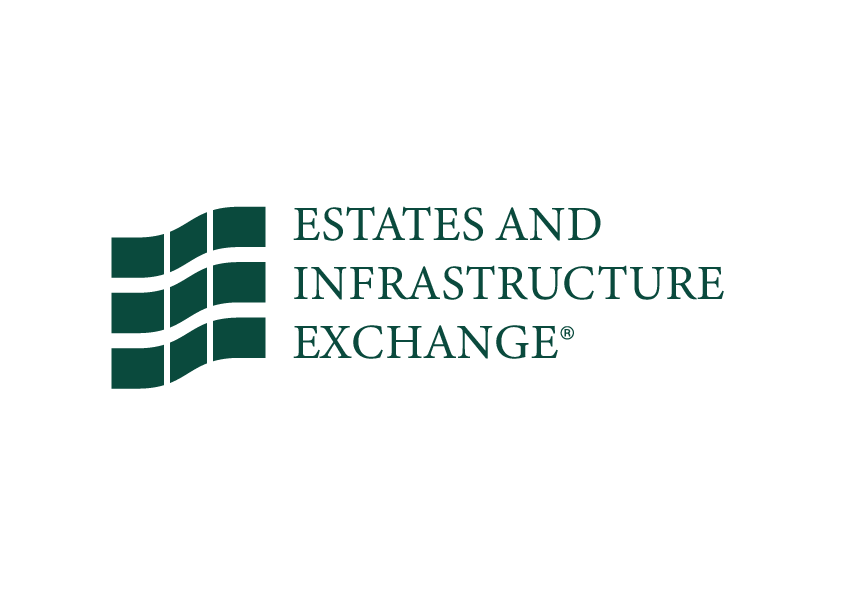Heavy Goods Vehicles are like traffic wardens. We all understand they are necessary but very few people actually like them.
But the simple fact of the matter is that the big fellers are an absolutely vital part of the distribution chain anywhere but most acutely in the UK where freight movement by rail is only a small part of the total movement of goods.
Lorries, uniquely, have only this purpose and so the powers that be in the haulage industry are extremely acute about the calculations of loss to the industry, and the wider economy, caused by traffic congestion.
We all know tariff congestion is getting worse and is becoming costly to the British economy in terms of inward investment into infrastructure.
Seize up
Lord Adonis, in one of his last pronouncements before quitting as the UK’s infrastructure czar in 2017 said: Congestion is the single biggest problem facing Britain at the moment.
“Our roads, our railways, our digital systems, our mobile phone systems, they’re all congested and we need to have congestion-busting measures so people can go about their jobs. If we don’t tackle that congestion, then this country will seize up, and if it seizes up then there will be fewer jobs, we’ll all be a lot poorer.”
Productivity in the UK is only marginally higher than it was before the financial crisis and the biggest single reason for that for that is deficiencies in infrastructure, which connects our businesses to consumers.
Yet another tell that Britain urgently needs to press ahead with big infrastructure improvements, especially on roads.
The UK has been named among the ten most gridlocked countries in the world with motorists spending 31 hours a year stuck in peak-time traffic. Research from INRIX in 2017 found we live in the worst country for traffic in western Europe and the tenth most congested globally.
Road maintenance
Compared with other G7 members, Britain has spent little on road maintenance per capita. France aside, whose highway network is run by several private companies, Britain’s spending is the lowest. According to the OECD, we spent EUR53 per capita in 2015, compared with EUR148 by Canada.
And that’s just the UK at large. The same study, based on an analysis of 1,360 cities in 38 countries, showed London was the seventh worst city in the world for gridlock, above all its European rivals, including Paris, Rome, Berlin and Madrid.
Prof Ian Reeves, chairman of EIX Global and a senior figure in the UK’s road-construction industry says: “My belief is that London is losing investment that would otherwise come there – or stay – because of the ever-worsening transportation issues. The net cost of that investment is less than the gross cost. What is the cost of not investing?”
A major, 94-page research project this year by the Freight Transport Association shines a bright light on the issue form the perspective of professional road users and the illumination is not pleasant.
“Congestion on the road network has a massive effect on the productivity of logistics. FTA estimates that it costs around £1 a minute for an HGV to be idling in traffic, meaning congestion is a costly factor in servicing urban areas; adding to the cost of road freight also increases the cost of living or operating a business.”
Double-headed hydra
The double-headed hydra of fuel consumption and congestion, concludes the report, costs each London driver £2,430 a year and the capital as a whole £9.5 billion as a result of direct and indirect costs.
The INRIX report estimates that traffic speeds fell by 81 per cent to less than 4mph in the centre of London during daytime hours when congestion was at its worst. Travelling in and out of cities at peak hours is also affected by congestion. It is estimated that drivers travelling in and out of London and Manchester during peak hours can spend 16 per cent of their time in congestion at an average speed of just 12.8mph.
Not an environment in which one can improve business without accelerating congestion reducing programmes and infrastructure improvements.
Reeves says, “If you are investing in roads, for example, there are two ways you get paid. Either by a shadow toll from government whereby you essentially lease the road back to the state or economic infrastructure where the user is paying directly.”
Spending plan
Highways England does have a plan – Road Investment Strategy 2 (RIS2) – and an initial report has laid out parameters for its spending plan between 2020 and 2025.
It has a four-pronged plan: Focus on operations, maintenance and renewals. Make the smart motorway the spine of the network. Roll out expressways and undertake transformational investments.
In the last, there is a solution. It is called EIX Global.
“The pricing of the bonds will directly reflect the value of the project and there is a high degree of stability in infrastructure, particularly in the last ten to 12 years notwithstanding what has happened in the wider economy it goes on still producing returns.
“Additionally, an exchange directly allows institutions to invest in projects they would not otherwise be able to access with a 25 to 30-year instrument that provides unmatched stability.”

